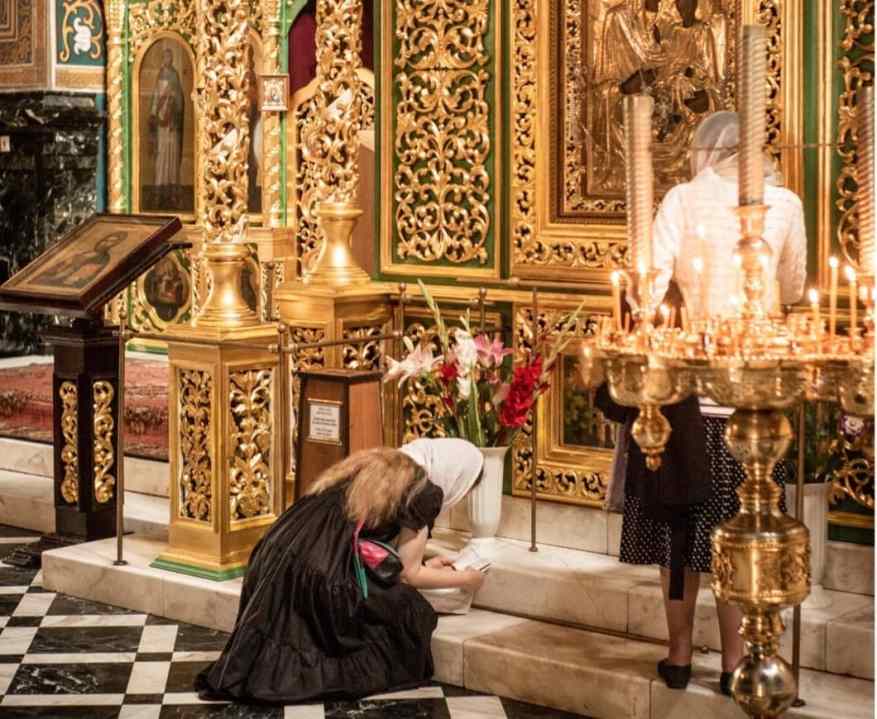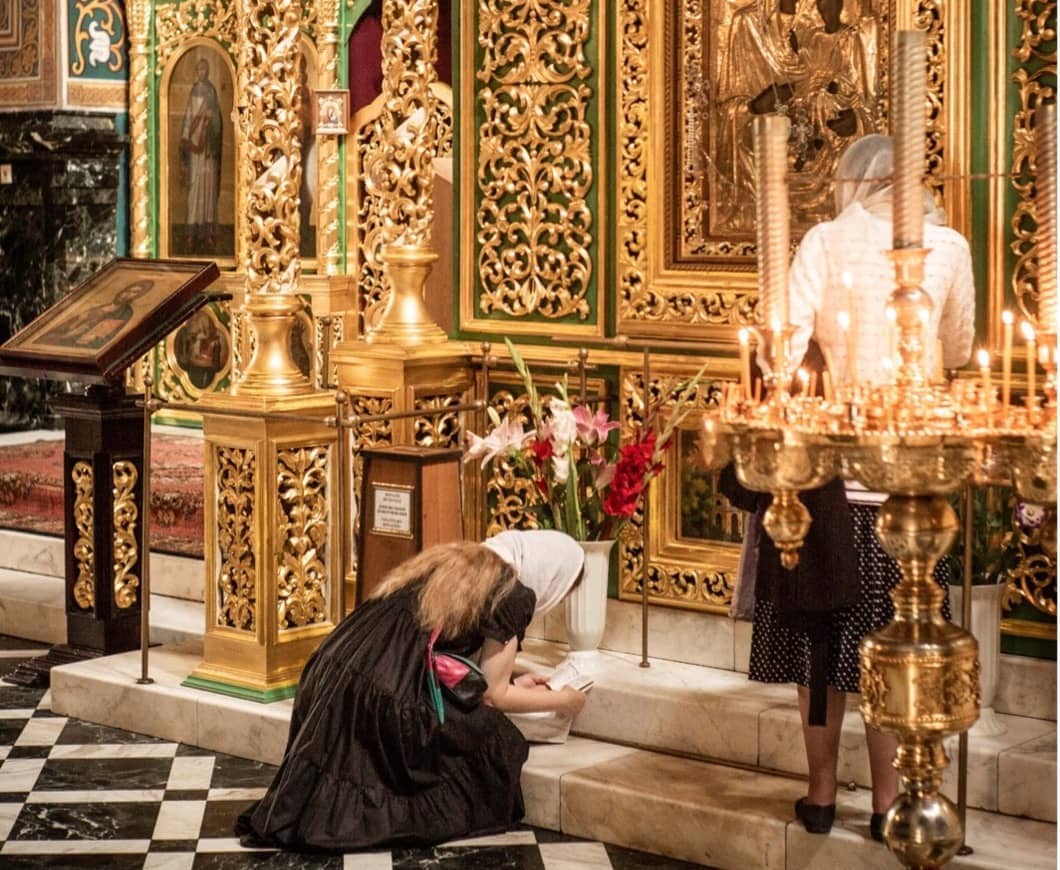At the Cathedral of the Nativity, in the middle of Moldova’s capital Chisinau, many of those bowed in prayer before the icons are visitors to the country. Few among them know how long they must stay.
The orthodox liturgy plays out across the surrounding park through loudspeakers, tempering thundery late August heat with the surging tones of the choir. Finally, as the church empties, the members of the congregation emerge to cross themselves, then lower their heads at the door, before returning to what for now passes as normal life. Many are refugees, and for them genuine normality can only be a distant imagining. Rain suddenly falls.
A reliable way to upset a Moldovan is to describe the country as ‘the poorest in Europe’. It’s not a self-image anyone would wish to project. Nor is it any longer true: the war in Ukraine has made that country poorer yet.
Instead, it is as hosts of the highest per capita number of displaced Ukrainians that people here would naturally, and truthfully, like to be thought of.

Get Britain's best politics newsletters
Register to get The Spectator's insight and opinion straight to your inbox. You can then read two free articles each week.
Already a subscriber? Log in







Comments
Join the debate for just $5 for 3 months
Be part of the conversation with other Spectator readers by getting your first three months for $5.
UNLOCK ACCESS Just $5 for 3 monthsAlready a subscriber? Log in